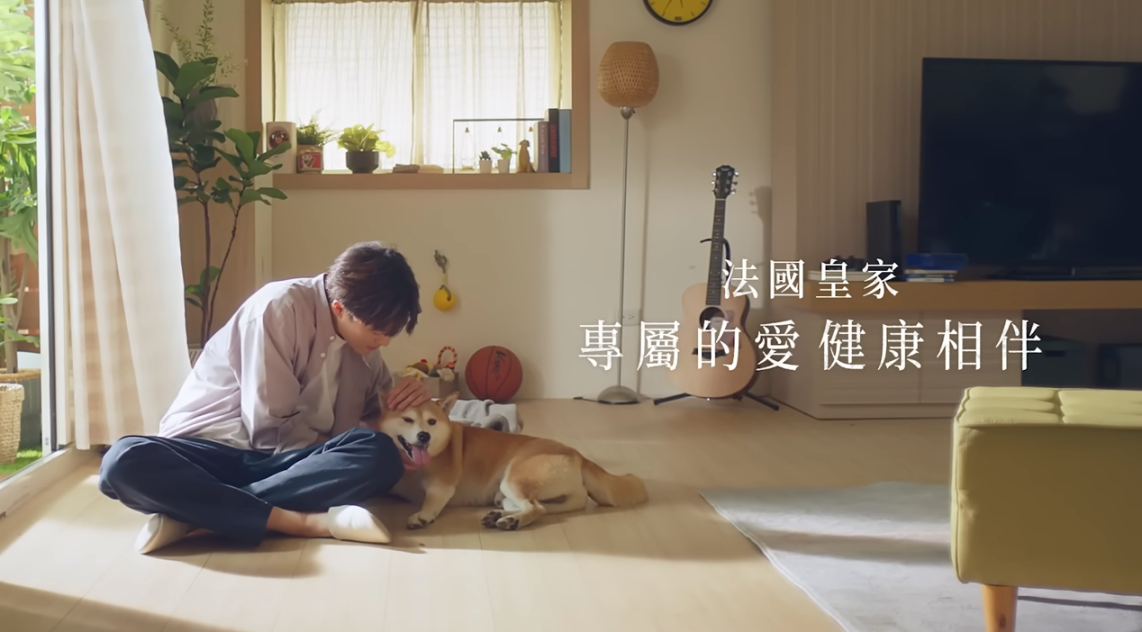週六參加公司員工旅遊之二--無錫靈山大佛,坐著不會暈車的車子(沒有空調的大巴士),花了四個小時到達目的地,有一段車子沿著太湖邊行駛,太湖為什麼叫太湖?因為大的看不到邊際,太大了,所以不叫大湖而叫太湖,據說四千萬年以前它還是海灣,經過造山運動後,四周隆起的陸地而形成了湖,經年累月由山上流進的雨水漸漸地淡化,是中國第三大湖。無錫最有名的特產是無錫排骨,另外七、八月份的水蜜桃也是便宜又美味,第一次吃無錫水蜜桃時,吃完洗手後,怎麼洗還是留有水蜜桃香。

九七年剛完成的青銅鑄造站立式釋迦摩尼佛高有八十八公尺,號稱是東亞地區最高大佛,當然沒忘要買香上去朝拜,香柱與台灣的不同,不是一支一支,而是整把整把拜。再往上登階梯的地方有一種與佛合照的照相技術,因為佛手與福壽諧音,所以摸佛手被稱為可以增加福壽,遊客把手掌豎著,從照相畫面看出剛好手掌貼著大佛的手掌,我也花了錢拍了一張。接著往第二個景點--龍頭,因此處山勢漸漸往太湖下降,在相接處狀似一龍頭而得名,步行至龍頭處然後坐著擺渡(太湖船)回到乘車處,因船不大,能搭載十五個人已是超載,在擔心船的安全下也沒閒情去體會太湖船歌詞涵義,但他們竟沒聽過這首歌。遊畢回程再搭四個小時的車回上海。
回上海後,晚上與幾個課長去吃鴛鴦火鍋,因鍋盆子中分為二區,一為麻辣(麻花與辣椒)火鍋,另一為白湯火鍋,因此得名。雖源自於四川,傳到上海已經比較不辣,而且食料也改過,不是四川人慣吃的牛腸牛肚之類。另外一個特色,酒可無限制供應,不錯吧。它們有一點驚訝於我能夠吃辣,因為泰國待兩年,這些辣可難不倒我,第一次吃麻辣火鍋真過癮,恨不得外面天氣立刻降到零度。
From Buddhas to Hotpots: A Flavorful Journey in Wuxi!
Saturday, I participated in the second company employee tour - Ling Shan Grand Buddha in Wuxi. We traveled in a non-air-conditioned bus that didn't cause motion sickness. It took us four hours to reach our destination. During the journey, there was a section where the road followed the edge of Taihu Lake. So why is it called Taihu Lake? It's because it's so large that you can't see its boundaries. It's too big, hence the name "Taihu." It is said that 40 million years ago, it used to be a bay. Due to tectonic movements, the surrounding land rose and formed a lake. Over the years, the rainwater flowing down from the mountains gradually diluted the lake, making it the third largest lake in China.
The most famous specialty of Wuxi is Wuxi spare ribs, and in the months of July and August, the watermelons are also delicious and affordable. The first time I ate Wuxi watermelon, even after washing my hands, the fragrance of the watermelon lingered.
In 1997, the standing bronze statue of Shakyamuni Buddha was completed. It stands at a height of 88 meters, making it the tallest Buddha statue in East Asia. Of course, I didn't forget to buy incense and pay my respects. The incense used here is different from Taiwan's. Instead of individual sticks, it is offered in bundles. There is also a photography technique near the stairs, where visitors can take a photo appearing to touch the Buddha's hand. Since the word "hand" sounds like "longevity" in Chinese, it is believed that touching the Buddha's hand can increase one's longevity. Visitors place their palms upright against the Buddha's palm, and I also paid to have a picture taken.
Next, we headed to the second attraction called Longtou. As the terrain gradually descends towards Taihu Lake, it resembles the head of a dragon, hence the name. After walking to Longtou, we took a ferry (Taihu boat) back to the starting point. The boat was small, and even carrying fifteen people was considered overloaded. Worried about the safety of the boat, I didn't have the leisure to appreciate the meaning of the Taihu boat song. Surprisingly, they had never heard that song before. After finishing the tour, we took a four-hour bus ride back to Shanghai.
After returning to Shanghai, in the evening, I went to have a hotpot dinner called "Yuanyang Hotpot" with a few colleagues. The pot is divided into two sections, one for spicy hotpot (featuring Sichuan peppercorns and chili) and the other for a clear broth hotpot, hence the name "Yuanyang" (meaning Mandarin duck). Although it originated in Sichuan, the version in Shanghai is not as spicy, and the ingredients have been modified, excluding items like beef intestines that Sichuan locals are accustomed to eating. Another unique feature is that the alcohol is available without any limits. Isn't that great? They were somewhat surprised that I could handle the spiciness because I had spent two years in Thailand, and those levels of spiciness couldn't defeat me. The first time I had spicy hotpot was truly enjoyable, and I wished the weather outside would immediately drop to zero degrees.


 留言列表
留言列表


